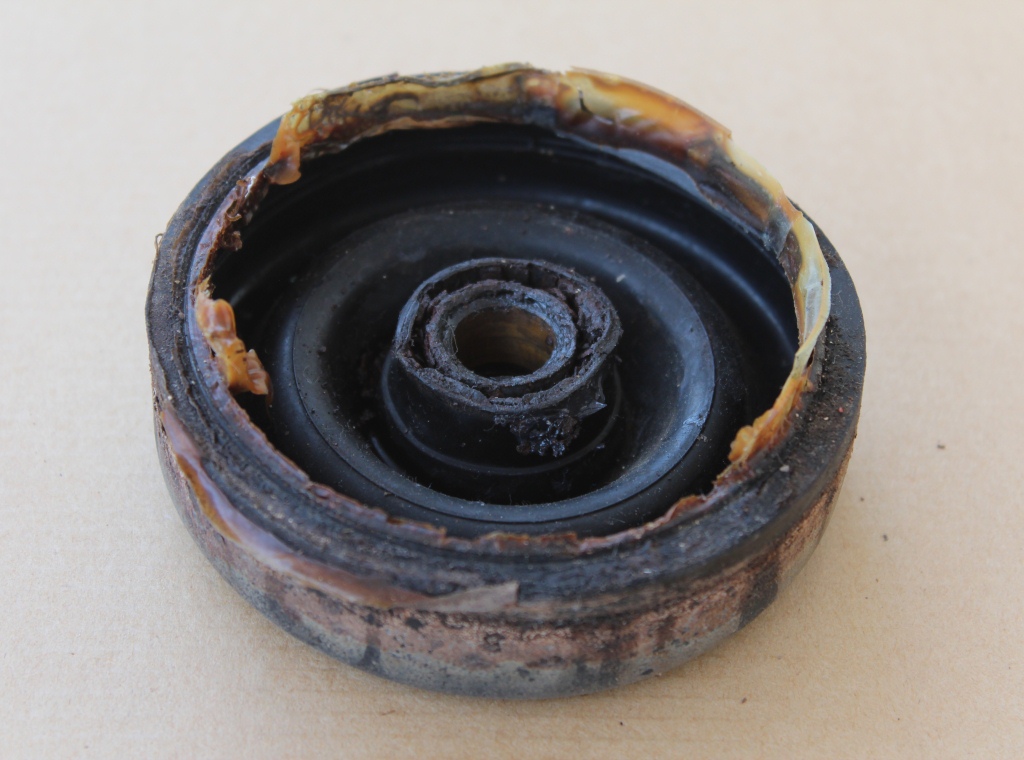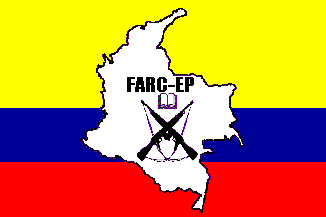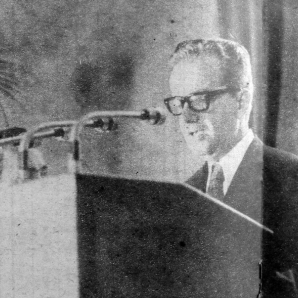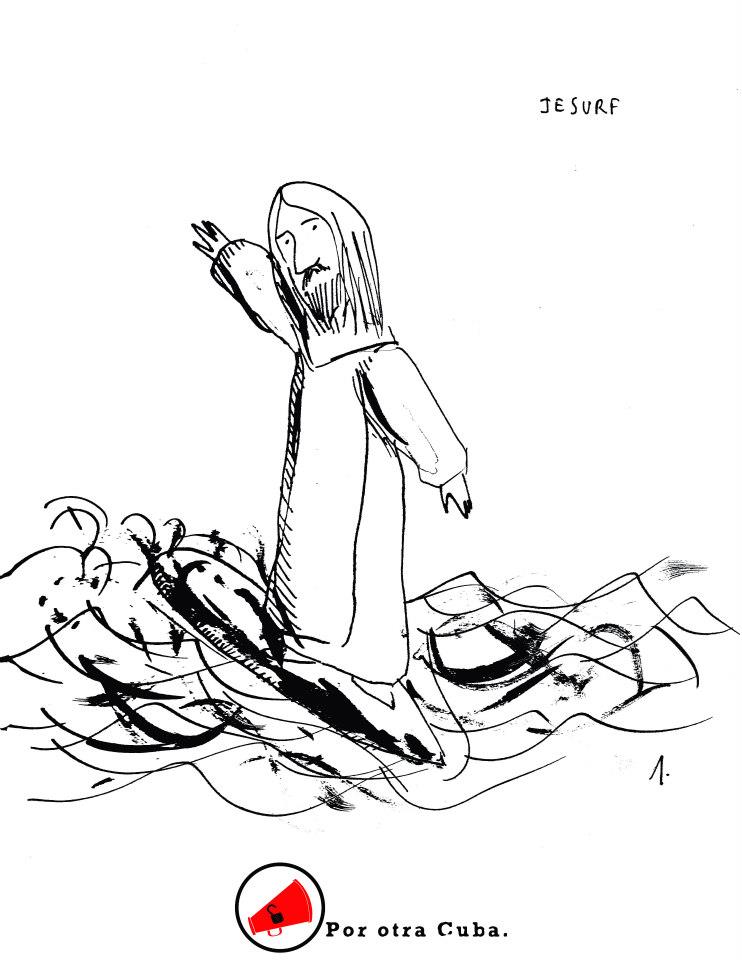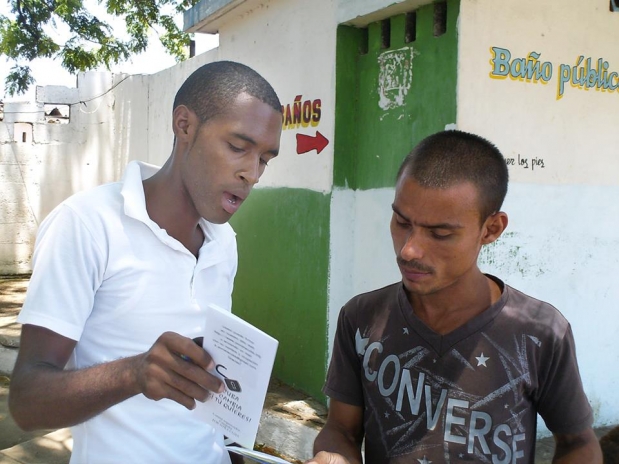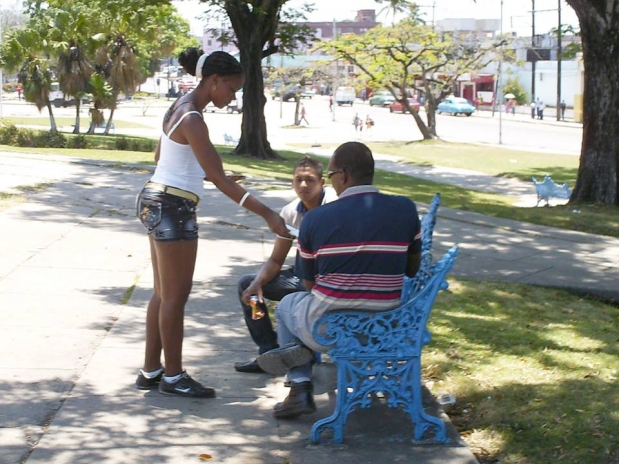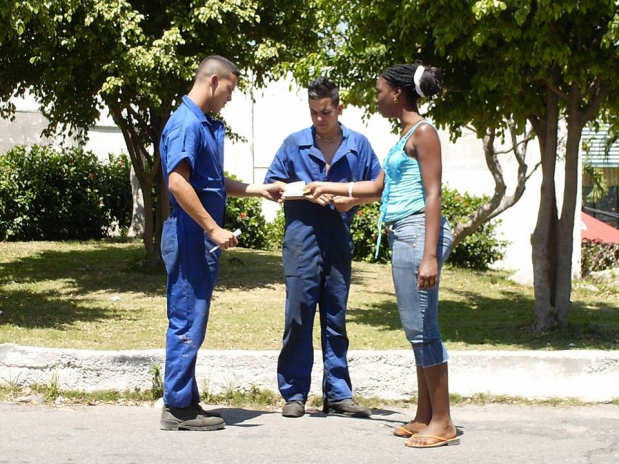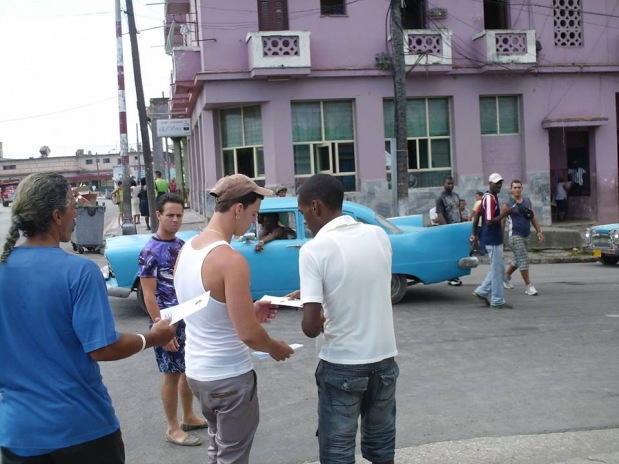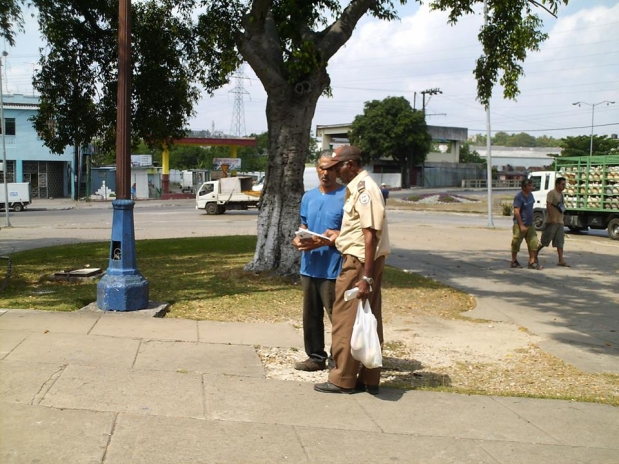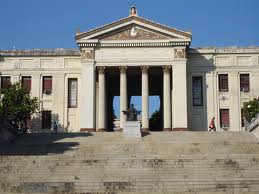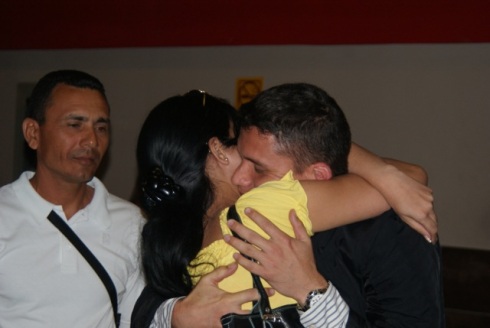What you see here was once the seal of the centrifuge of our washing machine. A frightening little sound every time we turned it on that announced it was already signing the song of the peanut seller, until more than a month ago it told us, gentlemen I’m retiring, and it expired along with the motor damp underneath.
Between naiveté and hope I went in vain to the State repair workshop and collided there with the predictable evidence: in the intricacies of the black market — virtually the only one available for these purposes — this piece of rubber would cost between 20 and 25 CUC, that it at least 500 Cuban pesos, plus the usual labor cost, without which we would have to wash our clothes by hand.
This happened exactly when our ministry decided to start “paying” doctors 2.00 Cuban pesos (less than 10¢ U.S.) an hour for each night shift from 7:00 PM to 7:00 AM, which is 24 Cuban pesos per night shift — and so with an average of five night shifts a month this comes to 120 Cuban pesos, or the equivalent of some $5.00 U.S. now added to our monthly salaries for this work.
The incontrovertible evidence strikes us in the face again: while we public health professionals devote ourselves to our work, we continue to be the last link in the food chain; the pittance added to our salary today proves it. Other sectors triple or quadruple the pay, however mine, which for more than a decade has been the greatest source of hard currency entering the country (in exchange for doctors on “medical missions” abroad in countries like Venezuela), is kept destitute, in practice and deliberately.
Luckily selfless helping hands took on our repair, and although we always have to buy the part, having had to pay the full price for the disaster would have tripled our cost.
However, this still meant paying an entire month’s salary. While this is happening our minister determines that we do not deserve more than 2 Cuban pesos per hour for night duty, which destroys our health. They definitely do not respect us.
By: Jeovany Jimenez Vega.
29 May 2013
